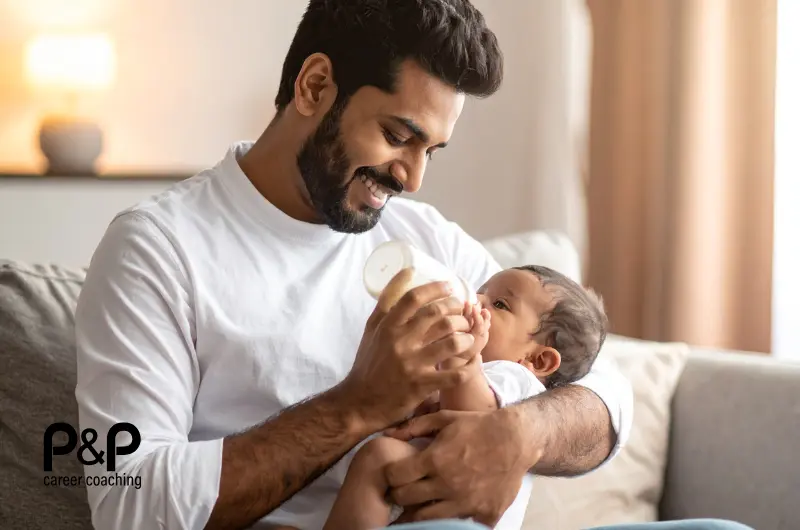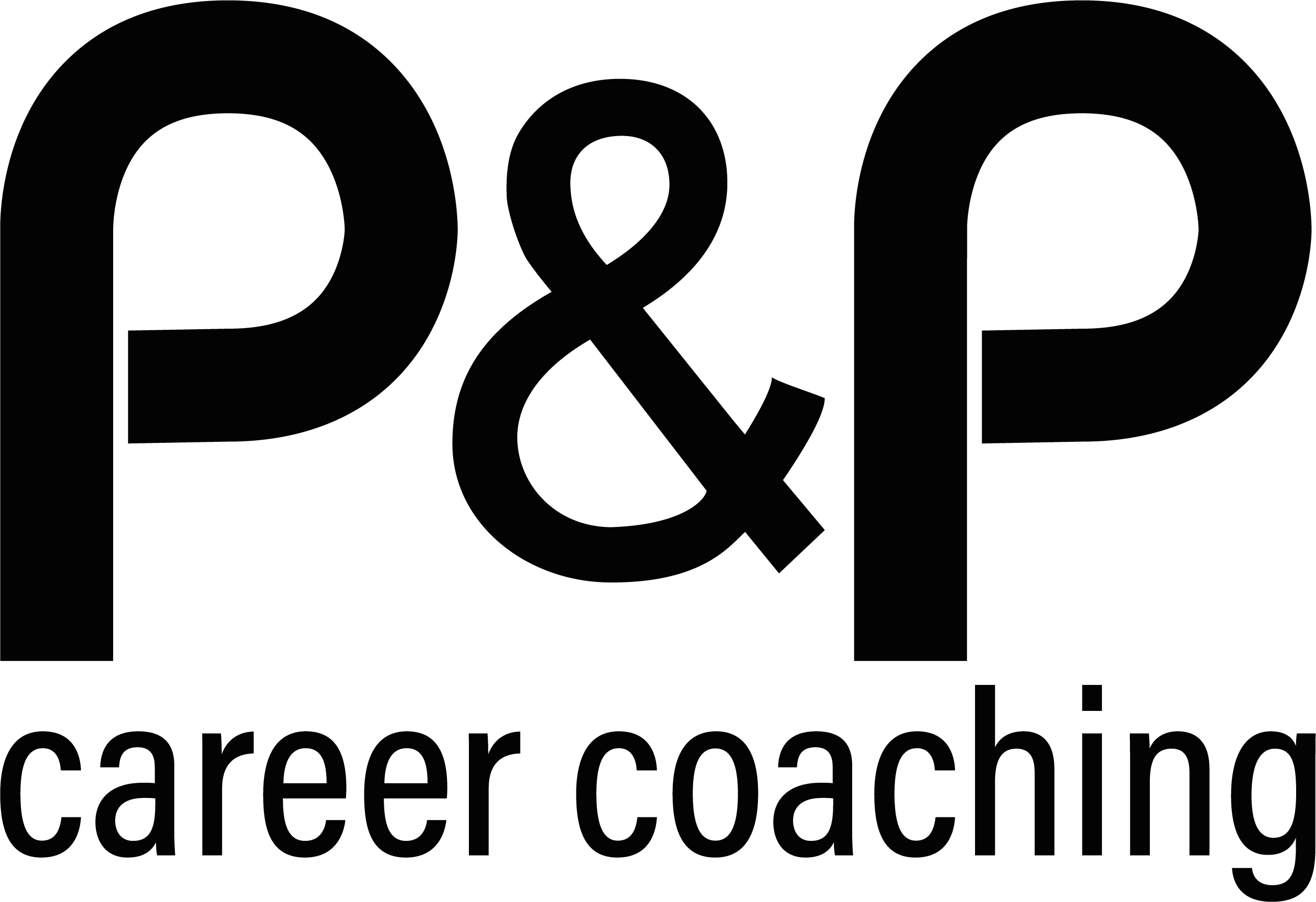Why Inclusive Support for Men Matters — Practical Ideas for Change

A New Conversation About Men at Work
The conversation around men in the workplace, their roles, wellbeing and how they balance home life – is evolving. A recent article in The Guardian described a “Working Dads’ summit” as encouraging fathers to be “loud and proud” about their parenting. It pointed out that the UK’s paternity pay and leave offering is ranked 40th out of 43 nations in an OECD comparison.
For HR and people‑professionals seeking to build inclusive cultures that genuinely support men and dads — it’s not just an optional extra. It’s crucial. When men feel able to parent, care, ask for help and bring their whole selves to work, everybody wins.
Hard numbers help make the case
- At the summit, findings showed fathers spend 18 % more time looking after their children since the pandemic.
- This year hundreds of fathers took to the streets to demand better paternity leave in the first ever “Dad strikes” in London and Edinburgh.
- The UK’s parental‑leave system is widely regarded as out‑of‑step with modern family lives.
- Office for National Statistics data suggested women with children earn a third less per week and 20% less an hour than men with children.
Noting that men account for about three-quarters of suicides in the UK, keynote speaker, Elliott Rae argued that men involved in childcare were also less stressed and happier with their lives. “It’s not a competition, it’s not a zero-sum game,” he said. “It’s a win-win for everyone.”
These data and quotes highlight not just the challenge but the opportunity: workplaces that support male parents (and carers) are creating cultures where everyone can thrive.
What employers can do — five practical actions
1. Open the conversation format
Instead of big, one‑off campaigns, encourage ongoing, informal check‑ins, community days. Use peer listening groups for men. Make it normal to ask for help. We don’t always need to name it mental health. Sometimes we just need to ask: ‘What would help you get through this week?’.
In the CPO Talk: Family-Friendly Cultures podcast with Martha Desmond of the Commonwealth War Graves Commission, she emphasised: “If you had a room of 100 people and asked who’s ever woken up feeling unsure about getting out of bed, a surprising number would raise their hand. Part of the work is breaking down the fear and stigma, showing people that these experiences are shared. And what’s been most powerful isn’t a top-down HR campaign — it’s been men stepping forward to share their stories, run workshops, lunch and learns and help others feel less alone.” (Podcast Episode with Martha)
2. Make family‑friendly policies inclusive
Review language in policies: does it assume “mother = primary carer”? Change it so all parents/ carers are considered. Sarah Wilson, University of Hull shared in her CPO Talk: Family-Friendly Cultures podcast how the University worked with staff to ensure the policy “felt inclusive in language whether you’re a primary or secondary parent”.
3. Talk wellbeing in relatable ways
Men don’t always respond to language like “mental health support” — especially if it feels disconnected from their day-to-day experience. But that doesn’t mean support isn’t needed. Framing it in terms of resilience, identity, balance, or performance often makes it more accessible and meaningful.
One powerful example comes from Pablo Paramo, a finance professional who worked with Parent & Professional coach Sarah Flynn across 10 virtual coaching sessions, spanning two periods of parental leave. Pablo was navigating the realities of new fatherhood, high-pressure work, and the internal shift that comes with that. He described coaching as a safe and supportive space to pause, reflect, and build confidence in who he was becoming — both as a parent and as a professional.
“Sarah accompanied me and challenged me during this period of my life — seeing my evolution, my fears, my doubts. I would recommend Sarah to anyone, not just as a coach for paternity or maternity stuff, but as a life coach to tackle any needs.”
4. Build visible male role‑models
When senior men talk about involvement at home or caring responsibilities, it sends a powerful message. As the Guardian piece said: “We are creating a new idea of masculinity.”
Encourage stories of dads in the workplace: how they use flexible working, how they manage home and work, how they fare.
One organisation modelling this well is Sonovate, where the leadership team — including its male founders — have been intentional in showing that flexibility and empathy are part of how they lead. In Episode 3 of the CPO Talk podcast, Elise Lockyer, Chief People Officer, shares how her experience of combining senior leadership with parenting has been shaped by the example set at the very top.
At Sonovate, the founders lead with empathy and visible flexibility, creating a culture where parenthood is supported, not sidelined. She reflects on how this leadership style, grounded in humanity sends a powerful message: people come first, and culture is lived, not just stated.
5. Measure and iterate
Ask: What’s the uptake of flexible working and parental support by men in your organisation? Are dads returning from leave supported? Are they as engaged as other cohorts? Use this data to continuously improve.
This philosophy is at the heart of Episode 1 of our CPO Talk: Family-Friendly Cultures podcast, where Linda Johnston, Chief People Officer at Isio, shares why parental transition coaching must be inclusive of fathers, not just mothers. Linda highlights that many dads are navigating their parenting journey without role models and that giving them explicit permission and reassurance to engage more deeply with family life can be transformative.
Linda notes that supporting men to take parental leave, engage with coaching, and share the load at home not only strengthens outcomes for children but also creates a more balanced and equitable workplace.
Why this matters for your culture
It’s simple: when men are supported to be fully involved at home and at work, you build healthier, more inclusive organisations. More engaged dads create better teams, more satisfied partners, and fewer unspoken pressures.
At P&P we believe “family‑friendly” isn’t just for women — it’s for all parents and carers. By thinking differently about men and dads, you foster a culture where everyone can show up, belong and perform.
Let’s make space for dads to thrive — at home and at work
If you’re thinking about how to better support the dads in your organisation, through coaching, flexible working, or simply creating more confident conversations – we’d love to help.
At P&P, we work with People teams to bring policy to life, build confidence in line managers, and create cultures where parenthood feels fully supported, for everyone.
Get in touch to chat through what might work in your context or explore our podcasts and case studies for more ideas.
